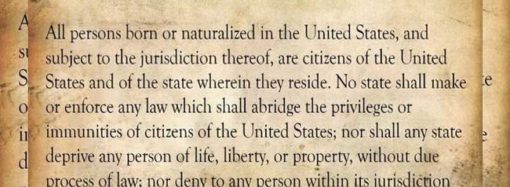 Conservatives in Colorado and other states often complain about the liberalism of their states’ courts. They should be glad they don’t live in Montana.
Conservatives in Colorado and other states often complain about the liberalism of their states’ courts. They should be glad they don’t live in Montana.
Montana’s public image is one of rugged individualism, and in a few spheres of life (such as guns), image reflects reality. But in fiscal and regulatory affairs, Montana has a long tradition of what used to be called “prairie socialism.” And while in recent years the state’s politics have moderated, its state supreme court remains far to the left.
It’s not just that the court is liberal—after all, most liberal judges understand the importance of the rule of law. It’s more that the Montana bench often doesn’t act alike a “court” at all. Part of the problem is that its level of judicial craftsmanship is low. Another part of the problem is that Montanans often have no clue as to what the court will do next, since it overrules its own precedents at an astounding rate. And the justices regularly subordinate even well-established legal principles to “progressive” political preferences.
The nation got some inkling of this last year when the U.S. Supreme Court reversed two particularly outlandish Montana decisions. In one case, the state justices had directly defied the U.S. Supreme Court (and modern constitutional law) by limiting the protection of the First Amendment in Montana. In the other, case, the state justices authorized a sweeping expropriation of a utility company’s property.
Now you can read all about it, even if you don’t live in Montana. The Independence Institute’s sister organization, the Montana Policy Institute, recently published my study entitled The Montana Supreme Court vs. The Rule of Law. It documents in detail what members of the Montana Bar, bemused legal scholars—and, indeed, some dissenters on the court itself—have long said: The Montana Supreme Court is truly an “outlier.”
Even for those in other states, it’s an interesting read—as well as a sobering reminder of what life is like when judges no longer enforce the rule of law.








